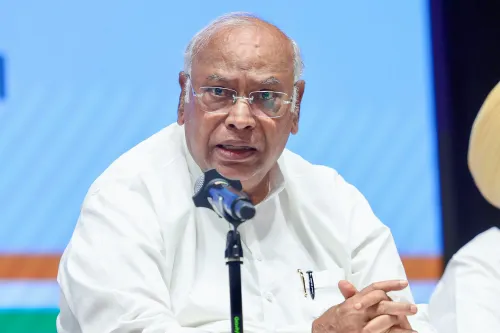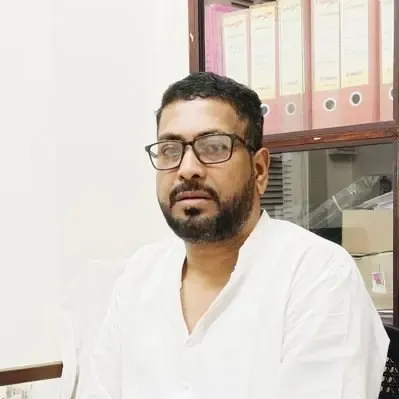Should the SC Regularise Daily-Wage Employees in UP?

Synopsis
Key Takeaways
- The SC ordered regularisation for six daily-wage employees.
- It condemned the state’s exploitative ‘ad-hocism’ practices.
- Financial constraints cannot justify denying regularisation.
- The ruling emphasizes the state’s role as a constitutional employer.
- Retroactive effects from April 24, 2002, were mandated.
New Delhi, Aug 20 (NationPress) The Supreme Court has mandated the Uttar Pradesh government to regularise six daily-wage Class-IV employees who have been part of the state higher education services commission since the early 1990s.
In a strong rebuke of the state government for its prolonged exploitative practice of “ad-hocism”, a Bench led by Justices Vikram Nath and Sandeep Mehta annulled a government order that had denied the permanence of these positions due to claimed financial constraints.
The Bench, presided over by Justice Nath, pointed out that the state’s argument regarding financial limitations cannot excuse the ongoing denial of regularisation, asserting, “The State is not merely a market participant but a constitutional employer. It cannot achieve budgetary balance at the expense of those who carry out essential public duties.”
Furthermore, the court noted, “A non-speaking rejection based on a vague claim of 'financial constraints', while overlooking operational necessities and the employer’s longstanding dependence on daily wage workers, fails to meet the reasonable standards expected of a reputable public institution.”
The Supreme Court clarified that its ruling in favor of the petitioners does not contradict its prior decisions that limit the regularisation of irregular appointments, as this situation revolves around the state’s arbitrary refusals to approve positions despite its own recognition of necessity and decades of reliance on this workforce.
It instructed the Uttar Pradesh government and the U.P. Education Services Selection Commission to regularise the petitioner-employees retroactively from April 24, 2002, including the creation of supernumerary positions if required.
Additionally, the Bench ordered that these employees receive arrears of pay and allowances, adjusted pensions for retirees, and terminal benefits for the families of deceased employees.
“The prolonged use of regular labor under temporary designations erodes trust in public administration and contradicts the commitment to equal protection,” the court concluded.









